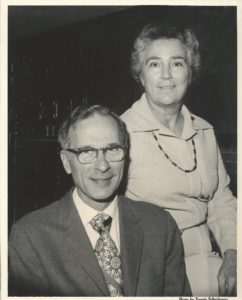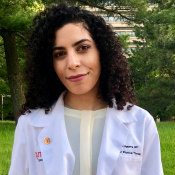
My Father’s Journey: A Reading and Interview with Susan S. Deusinger, PT, PhD, FAPTA
In a poignant personal account, Susan Deusinger details her father’s final months and his ultimate decision to take charge of his own death process. Although his passing left a void in her life, she notes that he also gave her “the privilege of honoring his beliefs and supporting his choices — something we don’t always have the opportunity to do as clinicians.” A video interview accompanies this piece, in Deusinger’s own words.






